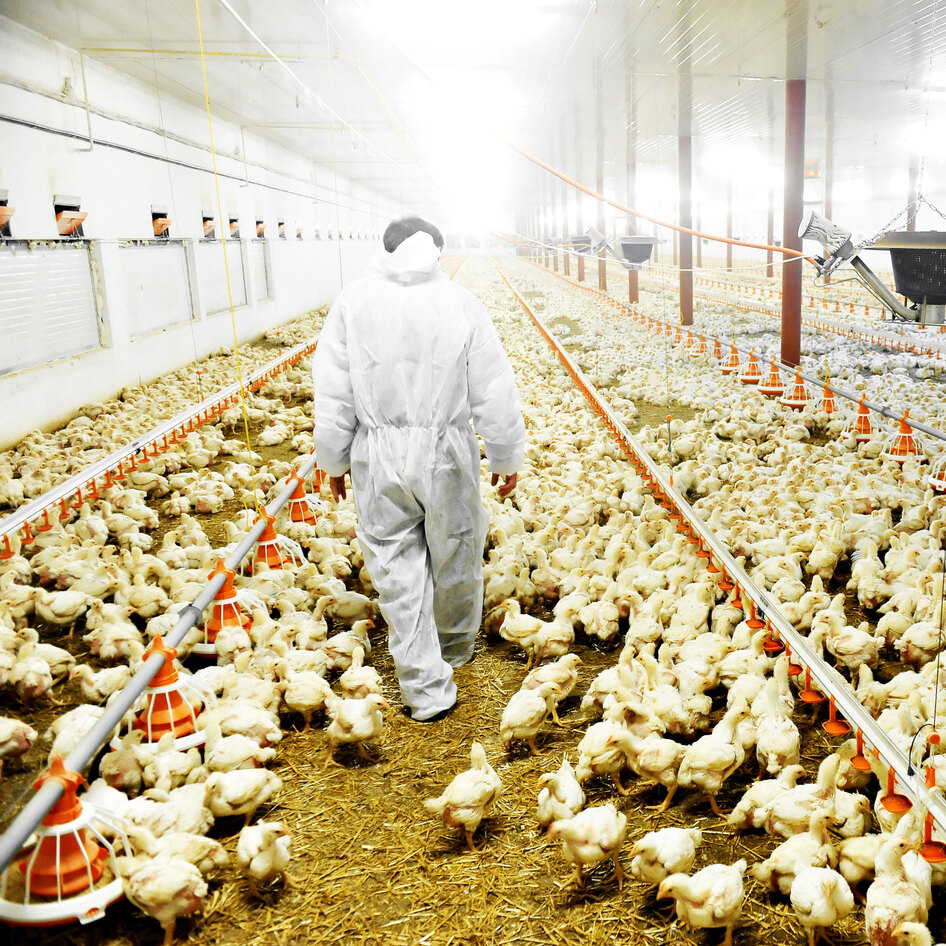A new petition to ban wild animal markets worldwide was recently launched by activist community Care2 and has already gained more than 160,000 signatures. The petition is a response to the current COVID-19 pandemic that is thought to have originated in a “wet” animal market in Wuhan, China late last year. In February, China announced that it would permanently ban the illegal trade and consumption of wild animals—a $74 million industry— prompting Vietnam to draft a similar ban earlier this month. The petition calls upon governments in countries where wild animal markets are rampant, particularly those in the “Golden Triangle”—an area with rampant and unchecked wildlife trafficking and consumption where China, Myanmar, Thailand, and Laos meet—to follow China and Vietnam’s lead in an effort to curb future outbreaks. “The coronavirus did not stay within China’s borders, and neither should the ban on the horrific wildlife trade,” the petition states. “Wildlife markets are notoriously unhygienic, cramped, and often unregulated or even illegal, making them the perfect breeding ground for evolving viruses, not to mention torture camps for the animals that are killed there, or sold still alive.”
According to the Center for Disease Control, 75 percent of all new or emerging diseases in humans come from animals, which has been true for widespread viruses such as SARS, H5N1, MERS, and now COVID-19. “China’s ban on wildlife markets will be essential in the fight against the spreading viruses and the rampant species extinction to which they contribute. But epidemics like the coronavirus won’t be avoided without implementation of similar policies in neighboring countries,” the petition states. “There are still many wildlife markets across Asia and around the globe. Weak regulations or law enforcement have allowed them to thrive, and disease to thrive with them.”
Last week, national investment firm Karner Blue Capital (KBC) urged governments to go a step further to protect humans from future global pandemics similar to COVID-19 by eliminating animal mistreatment across industries, including animal agriculture. “We need to completely rethink our relationship with animals and begin taking steps to transition toward regenerative agriculture, biodiversity protection, and a plant-based economy,” KBC President Vicki Benjamin said.
JUMP TO ... Latest News | Recipes | Guides | Health | Subscribe







